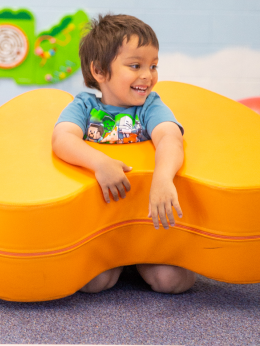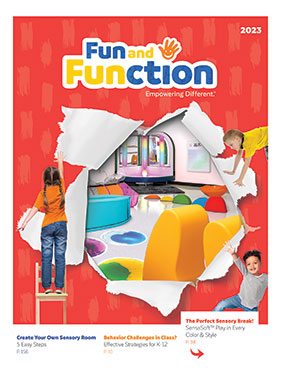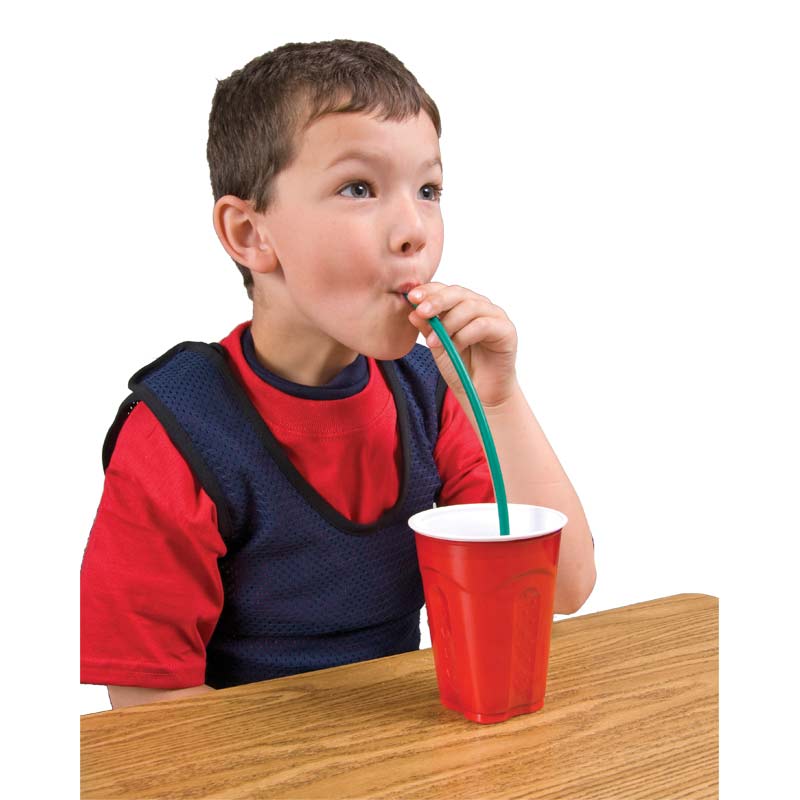The mouth. It's our first sensory seeking organ from gestation. A baby uses his mouth to suck and eventually to blow, lick, eat, chew, kiss and talk. The mouth is able to feel and to move. In other words, it's both a sensory and motor organ. It's actually quite primal in nature and can also be used in an elevated form of communication: speech.
In other words, the mouth is our first defense when it comes to survival and our most sophisticated organ when it comes to thriving as human beings. From teeth to lips to tongue and cheek, the mouth is quite complex and we use it on a daily basis. It's not a new phenomenon to chew when not eating, but in recent years we have seen an increase in the need to chew and bite when it's not mealtime. Perhaps the mouth has become another way to cope.
Stress
The mouth is a phenomenal stress reducer. With its ability to bite down, exerting hundreds of pounds of pressure, we often see a stressed individual biting, chewing or grinding their teeth to reduce stress. Using crunchy foods or a tough chewy can provide an outlet for stress. However, you can reduce the emphasis on the mouth with stress reduction strategies such as brushing, touch, deep pressure, movement or heavy work and weight. These other filters may provide some relief to the mouth.
Sensory Seeking
The mouth is a sensory seeker by nature. Chewing provides a sensory outlet and offering a chewy for sensory seeking and oral motor exploration can provide the mouth with a much needed outlet.
Digestion
Chewing helps with digestion. A large percentage of our digestion actually happens in the mouth and chewing assists with the breakdown of food. The more we break down food in the mouth, the easier digestion is in our stomach and intestines. Can you chew your food 100 times before swallowing? Maybe not, but give it a try and see how your mealtime experience changes.
Concentration
Chewing helps us to focus and concentrate. Using gum, crunchy foods or even a whistle toy can help a distracted student focus and be more alert. Consider carrot sticks or celery when packing lunch, or use a chewy toy when doing homework or taking tests.
Pleasure
The truth is we chew, blow, suck, sing and whistle for pleasure. It's our first motor ability from the time we are born and the mouth provides pleasure as we eat, talk or hum a tune. And who doesn't love a happy smile? Chewing can strengthen the muscles around the mouth, allowing for a more pleasurable mouthing experience.
If chewing becomes obsessive, provide opportunities for intense chewing or movement at intervals throughout the day. This will help offset the urge to chew at inappropriate times.
Check out our collection of chewies.























Comments